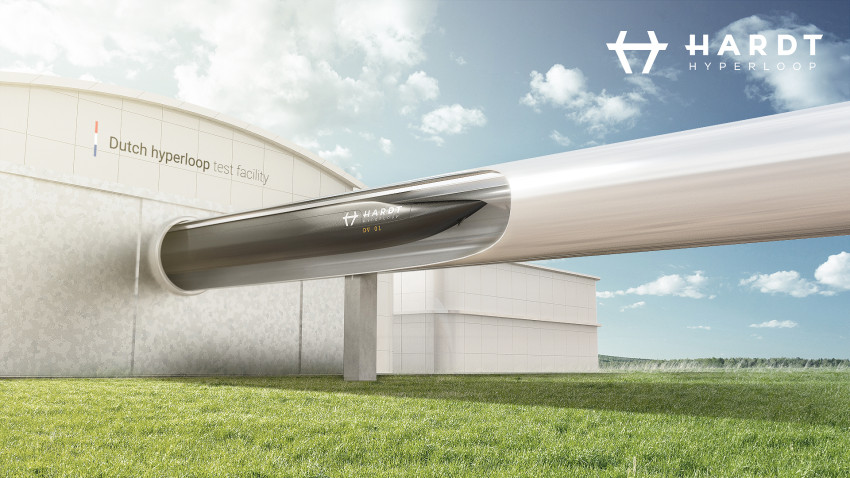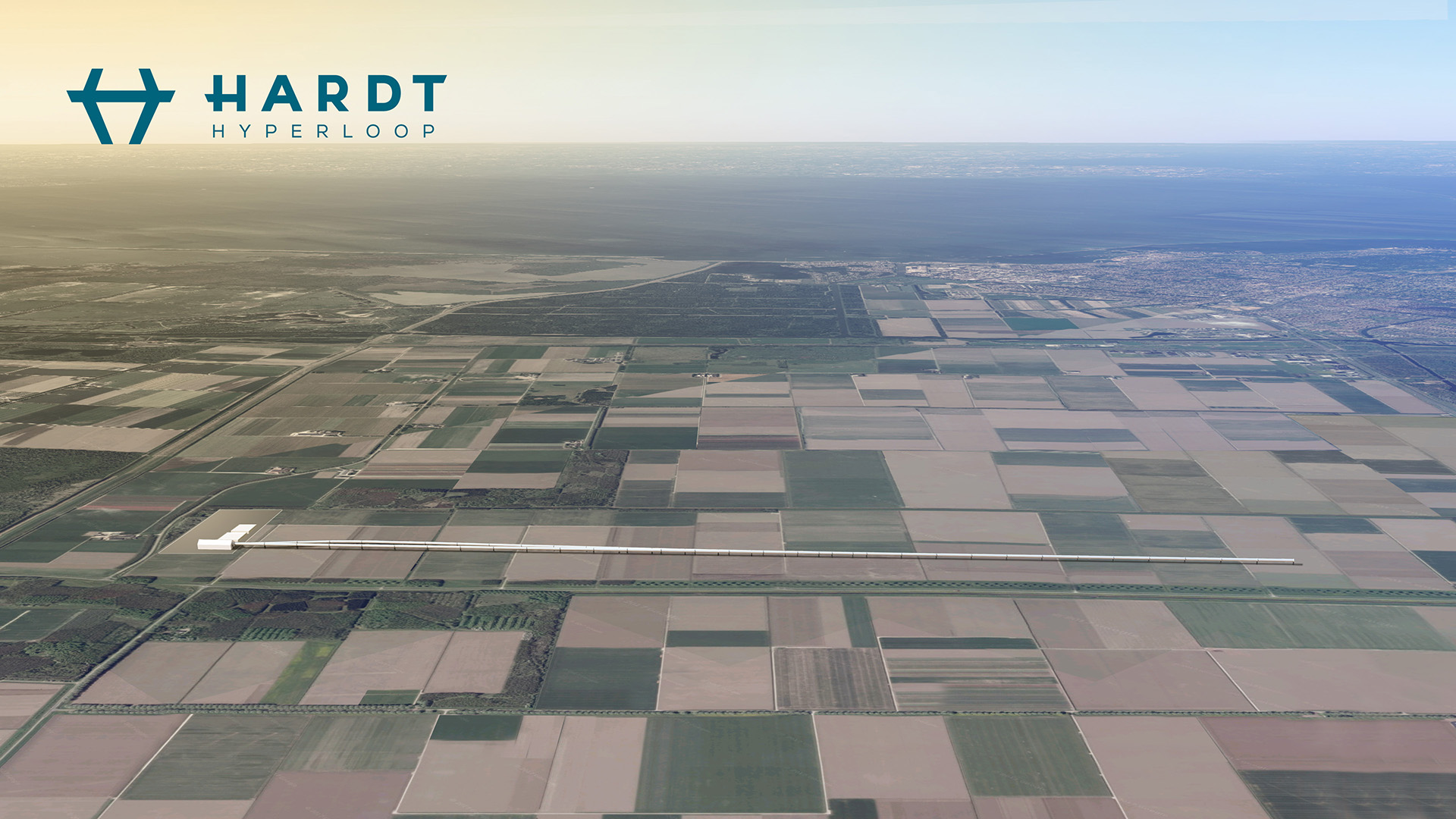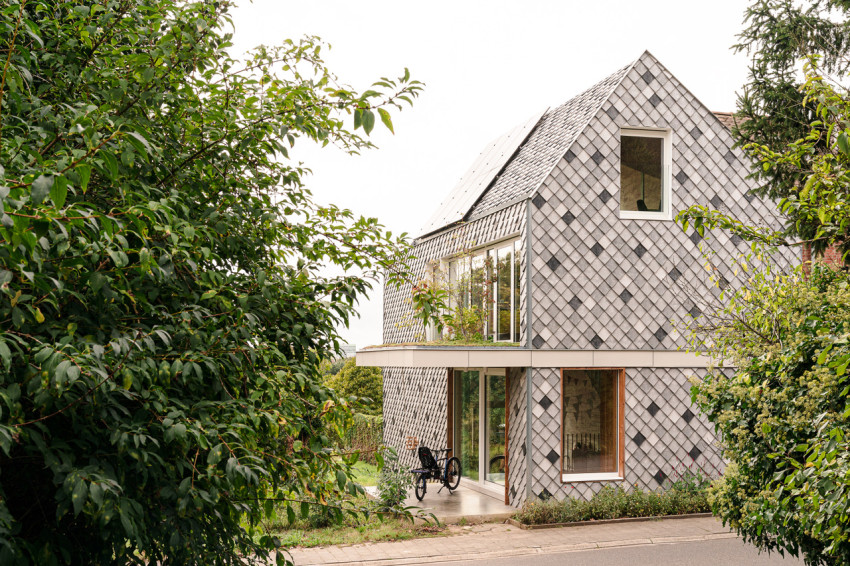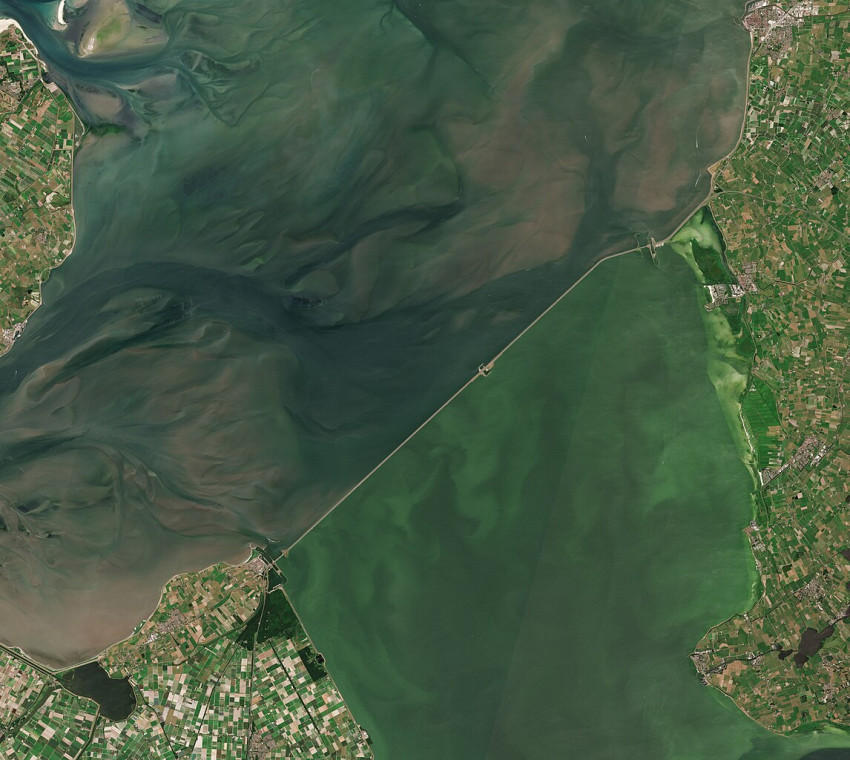
Companies: 'Invest in hyperloop test track'
The Netherlands need to invest in a test track for the Hyperloop. That is stated in a letter that companies and semi-governmental authorities sent to the cabinet today.
The Dutch financial daily newspaper Het Financieele Dagblad (FD) reports that the test track has broad support, including from Fokker, Movares, BAM, VDL and the NS. They are calling on the new cabinet to study the possibilities and erect a 5 km long tube as soon as possible.
The letter (PDF file) comes a month after the publication of a report on the feasibility of such a test track. The then Minister Melanie Schultz van Haegen (Ministry of Infrastructure and the Environment) informed the house about this report, which concluded that such a test track could be built for 120 million euros and would give a boost to the Dutch (knowledge) economy.
The economic benefits could come from the intellectual property that the Netherlands can establish in this way, and because other (European) hyperloop companies would come to the Netherlands for testing. What's more, the project would create hundreds of jobs. The relatively low costs are only possible if the track is built by a public-private partnership. The Vogelweg in the province of Flevoland has been noted as an ideal location.
Successor
The signatures of all the different companies at the bottom of the letter sent today are a good indication of the broad commercial interest in this project. But it's still unclear whether or not the government is willing to cooperate. At the end of her term, Schultz van Haegen left it to her successor (Cora van Nieuwenhuizen, Minister of Infrastructure, Public Works and Water Management) to take a decision about the future of a Dutch hyperloop.

There are some technical uncertainties too. A test track crucially needs to include a number of points, but the technology for switching tracks at 700 to 1200 km/h is still far from mature. Compared to the other technology in the Hyperloop – the vacuum tube and magnetic carriages that move through the tube – the points are still in their infancy, according to the report published in October.
Money
And financially too, there is still some question as to who will pay. The government will undoubtedly fund some of the cost, but according to the FD, the companies that have signed the letter are not yet ready to indicate what they are willing to contribute to such a project. BAM, for instance, will only be providing know-how and expertise.
The Delft hyperloop company Hardt, which was originated with the team of students that won the hyperloop competition of Elon Musk, is very keen to see the test track built. Delft already has a test tube of 30 m long (read: 'Test tube for hyperloop at Delft'), but this is not suitable for testing the maximum speed, air resistance or the points system of a hyperloop.
In the meantime, US company Hyperloop One has also conducted talks with the Dutch government about a test track. That company requested a 15 km long tube. Hardt would very much like a 3 km long facility, and TNO recommends a step system in its report: begin with 3 km, and if that proves successful enough, then expand it. Or make the test track part of a commercial hyperloop link.
Image: Hardt
Newsletter
If you found this article interesting, then subscribe for free to our weekly newsletter.
Meer artikelen

Een AI-fabriek in Groningen

Gezondheid meten via zweetdruppels
Nieuwste artikelen

Een AI-fabriek in Groningen






